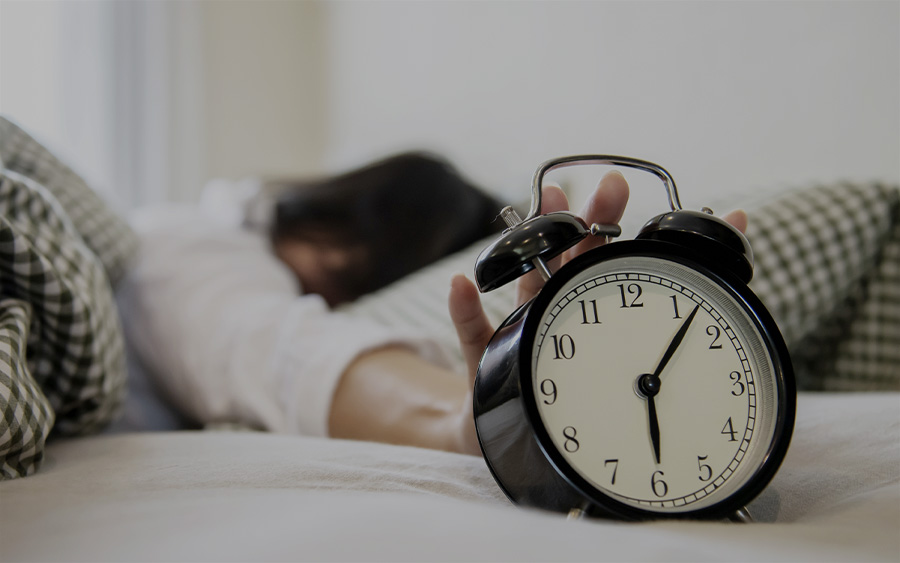Are darker days dampening your mood? Then depression and daylight savings time may be affecting you. Discover what seasonal depression is and 3 helpful tips to cope with the effects of this time change. Don’t let the time change affect your mental health!
Reflecting on my second year of living in Maryland, there are many things that make this an easy state to love. Specifically, the unabashed state pride and flag that’s plastered on everything from bridges to crocs. Growing up in a fly-over state, such pride is specifically reserved for various college football and basketball teams. There’s also the easy access to either the coast or the mountains. The obsession with sea spiders crabs and celery salt Old Bay… (No judgment, not looking to yuck anyone’s yum.)
What I’ve found particularly difficult, though, is the change in light that comes with seasons in this part of the country. Now, I’m only from one time zone over, but I’ve found that one hour difference has a profound effect on mood, for myself and many of my clients. One hour makes the difference between whether or not it’s getting dark or already dark when one leaves work at 5 pm.
During my first year, I was mortified as we moved towards the winter solstice to find it dark when I woke up at 5 am and dark again at 4:30 pm. The first year I didn’t plan appropriately for the time shift, and I found that many of my clients, especially students and folks with inflexible work schedules, hadn’t either. Daylight can play a central role in our body’s circadian rhythms.
While an hour may not seem like much, it can impact our sleep and mental health. For some of us, daylight savings time can even increase the symptoms of seasonal depression.
Seasonal Depression and Daylight Savings Time
That’s right! There’s an entire subclass of depression known as seasonal depression or seasonal affective disorder (SAD) that can emerge for many folks from late autumn to early winter and last till the warmer months arrive. (Though there is also a summer form of this too!) SAD goes beyond merely missing warmer days and the greenery that accompanies them. For some individuals, they experience debilitating and persistent depressive symptoms such as:
- Depressed mood or “flattening” of mood;
- Hopelessness;
- Loss of interest and social withdrawal;
- Difficulty concentrating;
- Irritability;
- Changes in sleep patterns (too much or too little);
- Changes in appetite.
Frequently these symptoms will appear and resolve with the changing of the seasons.
With that in mind, I’d like to recommend several tips leading up to this time of year, and especially the dreaded November 6th time change.
3 Tips to Cope with Depression Symptoms around Daylight Savings Time
1. Make the shift early
Leading up to the time change you can make things a bit easier on yourself by moving your bedtime forward 15-20 minutes for three days before the time change. Or for five days if, like myself, you need to build in a buffer to fall asleep. This can prevent the compounding effects of sleep deprivation. If your schedule is flexible, moving your meal times forward can also be quite helpful.
2. Light boxes
You may have heard of these. They’re literally special lamps designed to simulate sunlight and can be used for a brief amount of time each morning to help with symptoms of Seasonal Depression.
However, not all lamps are created equally or necessarily for SAD. I would strongly encourage you to speak with your medical or mental health provider about choosing the lamp and regimen that would be best for you. For instance, using them at the wrong time of day may actually make falling asleep harder. I usually recommend this handy article from the Mayo Clinic to folks considering using light therapy.
This is an excellent addition to therapy and medication for a lot of folks and might be a good idea to bring up with your providers going into the autumn and winter months.
3. Cope ahead
If you know that your mood declines in the darker part of the year, or with the fall and winter holidays, I’d encourage you to meet with a therapist or psychiatrist sooner rather than later. Finding a plan for self-care and support ahead of time can make this part of the year significantly more bearable.
Depression Treatment in Baltimore, MD
Do you feel sadder or depressed during the fall and winter seasons? Have you noticed this drop in your mood and energy more than once? If so, it’s possible you may have seasonal depression.
It might be helpful to seek help before SAD settles in, and continue treatment to prevent it from coming back. Our therapists at New Connections can help you make a plan to get ahead of your symptoms and fully enjoy the colder months.






